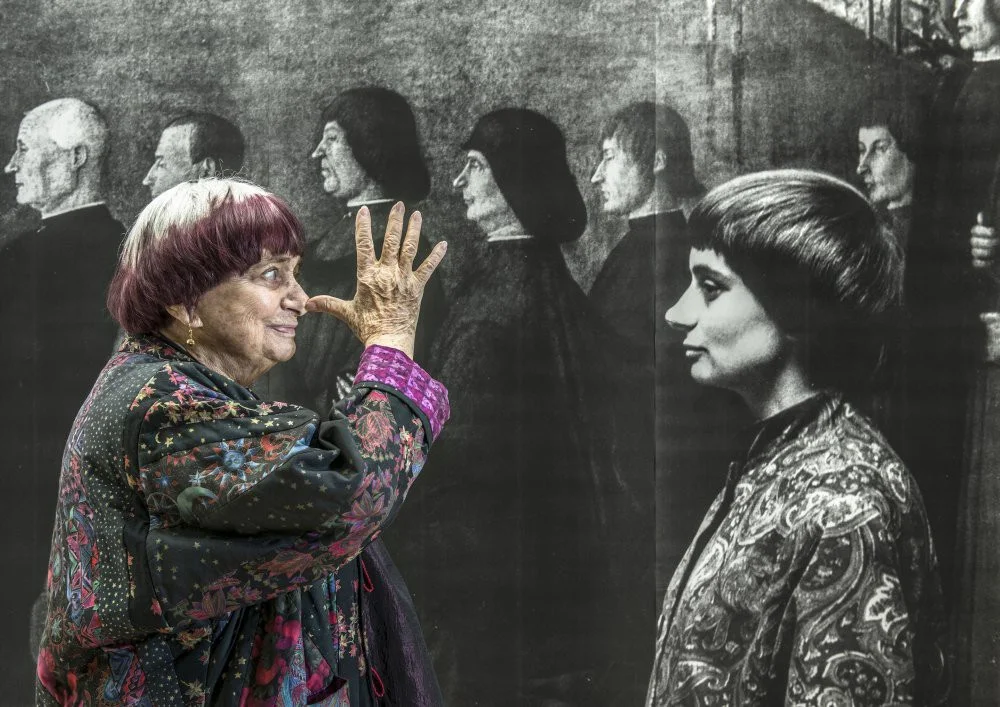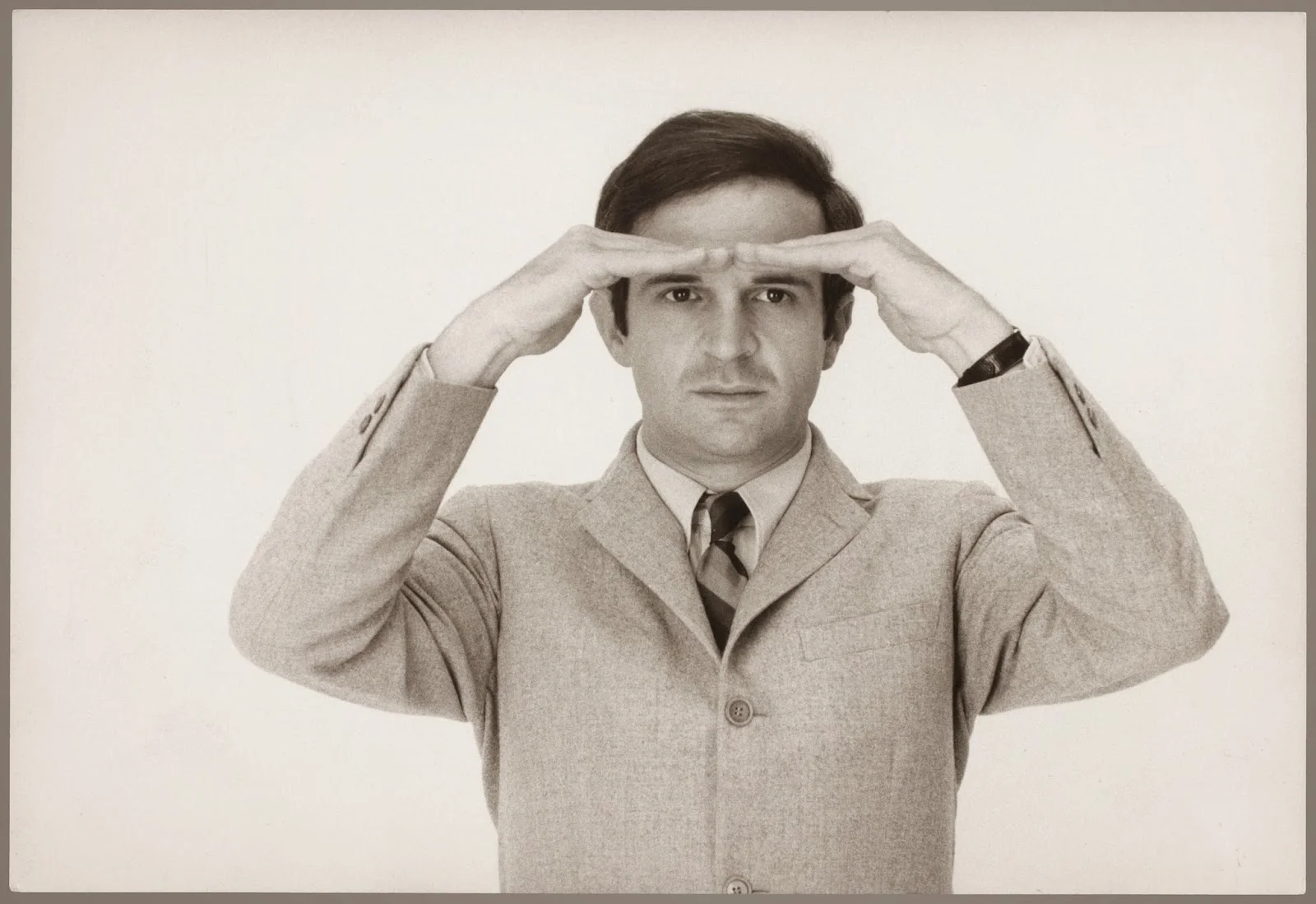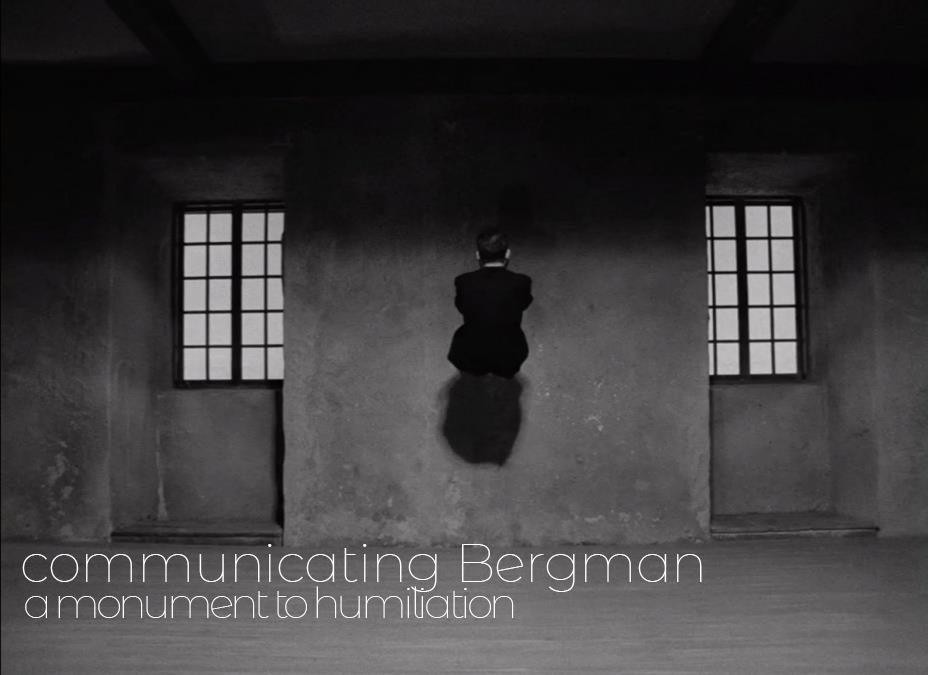To be honest, this has been a difficult post to put together. The watching and rewatching, the research, and the outlining have all been simultaneously joyous and filled with grief. I am of course only one of many in mourning the passing of our beloved Agnes Varda: the art/film world and those closer to her work have expressed Varda’s influence much greater than I (I have added links at bottom of page for a few particularly meaningful articles) but what I can say is that the world is certainly less since March 29th.
Read MoreViva Varda!
On Catherine (or "I Don't Want To Be Understood")
Compared to some of the formally complex and narratively challenging films of the French New Wave, Truffaut’s film is fairly easy to digest. This is, of course, not a critique of the film, on the contrary, considering how formally intriguing Jules and Jim is, it is quite a credit to it instead. Upon first viewing, the first thing one notices is how fast paced the first act is. Following the spirit and style of Roche’s novel, the camera jostles, the characters jump from scene to scene, and within minutes Jules and Jim have met, become friends, have begun to make their way about town and playfully enjoy nightlife in Paris.
Read MoreOn Being Saved By Cinema
Much like his cinematic compatriot Jean-Luc Godard, this quote from Francois Truffaut represents his deeply ingrained love and need for the cinema. Both were more than just film fans, their passion instead goes above and beyond into a lens with which to see and experience reality. This artistic medium becomes an all encompassing force that becomes the drive behind everything in life for these ‘young Turks’.
Read MoreOn A World Without Gods
Art and money are unruly companions. The Artist is pervasively challenged by economic dilemmas: too little, too much, the locus of funding, etc. Resulting from this dynamic are the endless psychological, ethical, socio-political factors that weave their way into an artistic work. Is it even possible (realistic?) to speak of artistic integrity, particularly in a world so cluttered with influential, artistic industries?
Admittedly, these are of course, not new questions and are only related to the interests of this post by means of proximity. It is true, Godard was, at least implicitly, commenting on these types of questions in his 1963 masterpiece, Le mepris (Contempt). However, he seems here more interested in their effects, rather than the questions themselves.
Read MoreOn Having Something To Say
Francis Ford Coppola. Robert Altman. Milos Forman. Roman Polanski. Bernardo Bertolucci. Wim Wenders. Werner Herzog. Olivier Assayas. Vera Chytilova. Martin Scorsese. Steven Soderbergh. Leos Carax. Quentin Tarantino. Wes Anderson. These are just a handful of names who have been massively influenced by the work of the French New Wave--this band of revolutionary artists from the 50’s and 60’s. Scorsese himself expressed this when he stated that “the French New Wave has influenced all filmmakers who have worked since, whether they saw the films or not. It submerged cinema like a tidal wave.”
Read MoreOn Out-of-Order Telephones
For the first time in his career, Ingmar Bergman produced something that was a success in his home country. Critic Marc Gervais quotes a Swedish friend’s surprise as to Bergman’s mini series: “I never thought he had it in him—all those heavy, metaphysical things—and now look, addressing us where we live, really in today’s world, our real problems, the way we feel. It’s extraordinary!“ And it is. (Extraordinary, that is.) When Scenes From A Marriage first premiered, 26% of Sweden tuned in.
Read MoreOn Inescapable Demons
This film seen by itself can be a thought provoking experience: one with the potential to question the role and challenges of an artist, the role of the subconscious, the difficulty of accepting and even wanting to be loved and understood, the impact of one’s choices upon others, etc. However, despite one’s potential disagreement with his ostensible pessimism, it may be helpful to contextualize this film for Bergman so as to see it as part of his journey to find humanism…
Read MoreA Monument to Humiliation
In The Hour of the Wolf (1968), Ingmar Bergman (with a debatably poignant cynicism) draws the viewer into the mad mind of artist Johan Borg (Max von Sydow). As with many Bergman films, the plot itself is fairly straightforward: Borg, with his pregnant wife Alma (Liv Ullmann), vacation on a remote Swedish island while he slowly loses his grip on reality.
Read MoreA Pinhole of Light
The next film in our “Communicating Bergman” series is his 1978 film, Autumn Sonata. Echoing back to his chamber films of the early 1960’s, this film takes place over a period of one night and consists almost entirely of performances in close up of the two powerhouses, Ingrid Bergman and Liv Ullmann. These two devastatingly depict the fractured relationship between the famous concert pianist Charlotte (Bergman) and her oft-ignored daughter, Eva (Ullmann).
Read More








